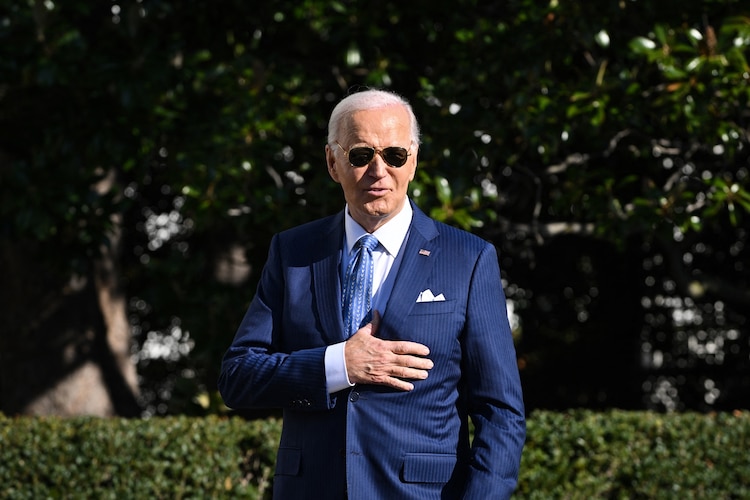The Biden administration has introduced a proposal to significantly expand the availability of anti-obesity medications for Americans enrolled in Medicare and Medicaid, according to a statement from the White House.
“Over the past few years, there have been major scientific advancements in the treatment of obesity, with the introduction of new life-saving drugs,” the statement noted on Tuesday.
These medications not only help prevent Type 2 diabetes but also reduce the risk of death and illness from heart attacks and other cardiovascular conditions by up to 20%.
However, high costs have made these treatments inaccessible for many, with uninsured individuals facing costs as high as $1,000 per month.
Obesity affects approximately 42% of Americans and is widely recognized as a chronic disease. It is linked to increased risks of diabetes, cardiovascular disease, stroke, and certain cancers.
ALSO READ: Thanksgiving: Biden celebrates ‘Friendsgiving’ with service members in New York
While Medicare and Medicaid currently cover anti-obesity drugs for specific conditions like diabetes, the new proposal aims to expand access to these treatments for obesity itself, potentially benefiting an estimated 3.4 million Medicare recipients.
“Medicare coverage would reduce out-of-pocket costs for these prescription drugs by as much as 95% for some enrollees.
Approximately 4 million adult Medicaid enrollees would also gain new access to these medications,” the White House explained.
The proposal emphasizes allowing individuals and their doctors to determine the best course of treatment without financial barriers.
Officials highlighted its potential to improve health outcomes and lower overall healthcare costs across the nation.
This initiative is part of the administration’s broader agenda to reduce drug prices, which includes measures such as the Inflation Reduction Act.
Current efforts include capping insulin prices at $35, offering free vaccines, and implementing a $2,000 out-of-pocket limit for prescription drugs starting in 2025.
The White House also noted early successes. In the first half of 2024, nearly 1.5 million Medicare Part D beneficiaries saved almost $1 billion on prescription drug costs.
Furthermore, the Department of Health and Human Services has negotiated agreements with drug manufacturers to reduce prices for ten medications by 38% to 79%, with these changes taking effect in 2026.




